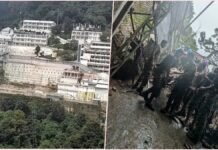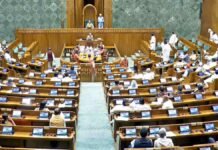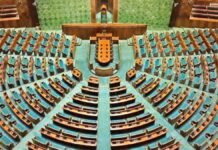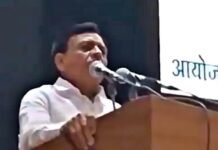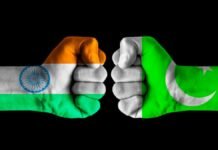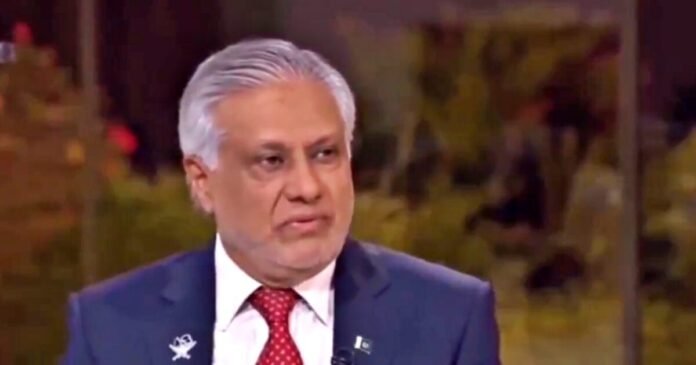
Key Points:
- India Rejected US Mediation: Pakistan’s Deputy Prime Minister and Foreign Minister, Ishaq Dar, has confirmed that India rejected a US proposal for mediation during the “Operation Sindoor” conflict.
- “Operation Sindoor”: The Indian Army launched this operation, targeting Pakistani military bases, following a terrorist attack in Pahalgam.
- Ceasefire Appeal: The operation prompted Pakistan’s Director General of Military Operations (DGMO) to call his Indian counterpart and appeal for a ceasefire.
- Bilateral Stance: Dar acknowledged that India has consistently maintained that all issues with Pakistan are bilateral and has opposed any third-party involvement.
- Trump’s Claims Contradicted: Dar’s statement contradicts former US President Donald Trump’s repeated claims of having brokered the ceasefire between the two nations.
New Delhi: In a significant admission, Pakistan’s Deputy Prime Minister and Foreign Minister, Ishaq Dar, has revealed that India rejected a United States offer to mediate during the military tensions that followed India’s “Operation Sindoor.” This disclosure, made approximately four months after the conflict, substantiates India’s long-standing position that the ceasefire was a result of direct bilateral negotiations without any third-party intervention.
The “Operation Sindoor” Conflict
The Indian Army launched “Operation Sindoor” as a retaliatory measure against Pakistan-based terror groups following a deadly attack in Pahalgam. The operation involved targeted strikes on multiple Pakistani military installations along the border. The intensity of the Indian response led to Pakistan’s Director General of Military Operations (DGMO) making an urgent call to his Indian counterpart to appeal for a ceasefire.
Dar’s Interview with Al Jazeera
Speaking in an interview with Al Jazeera on Tuesday, Dar was asked if Pakistan was open to third-party mediation during the recent conflict. “Yes, we were ready for this. But India never accepted it,” Dar responded. He elaborated on India’s consistent policy, stating, “India was never in favour of involving a third party to resolve the dispute. It always called it a bilateral issue.”
Dar also recounted a conversation with US Secretary of State Marco Rubio, where he inquired about a potential US role in de-escalating the situation. According to Dar, Rubio confirmed India’s firm stance that the matter was “completely bilateral.”
Contradicting Trump’s Claims
Ishaq Dar’s statement is particularly noteworthy as it directly contradicts repeated claims by former US President Donald Trump. Since the ceasefire was announced on May 10, Trump has taken credit for brokering the peace on more than 30 occasions. However, India has consistently maintained that the agreement was the result of direct talks between the two countries’ military leadership. Dar’s admission now lends significant weight to India’s version of events.
Pakistan Open to Dialogue
Despite the rejection of mediation, Dar reiterated Pakistan’s willingness to engage in dialogue to resolve outstanding issues. “Pakistan is ready to talk to anyone to resolve this dispute and we believe that dialogue is the way to a solution,” he said, indicating that while India insists on a bilateral framework, Pakistan remains open to talks.
This revelation from a top Pakistani official clarifies the diplomatic dynamics that played out behind the scenes during a period of high tension, reinforcing the narrative that the decision to de-escalate was ultimately a bilateral one, driven by the ground realities of the military conflict.




































